When Buying Bitcoin, What Am I Buying?
Note: This post may contain affiliate links, and we may earn a commission (with No additional cost for you) if you purchase via our link. See our disclosure for more info. The gold and crypto world is constantly changing. This is not financial, investment, legal, or professional advice. So, please verify the information on the gold and cryptocurrency provider’s websites.
When buying Bitcoin, you're grabbing a piece of a decentralized digital currency. No one's in charge. Just a bunch of cryptographic keys keeping track of who owns what. Lose those keys? Tough luck—farewell funds! It's like owning invisible treasure. But beware the exchange risks. They want to keep your cash secure… or do they? It's a wild ride full of volatility and rules. Want to know more about the thrill? Stick around!
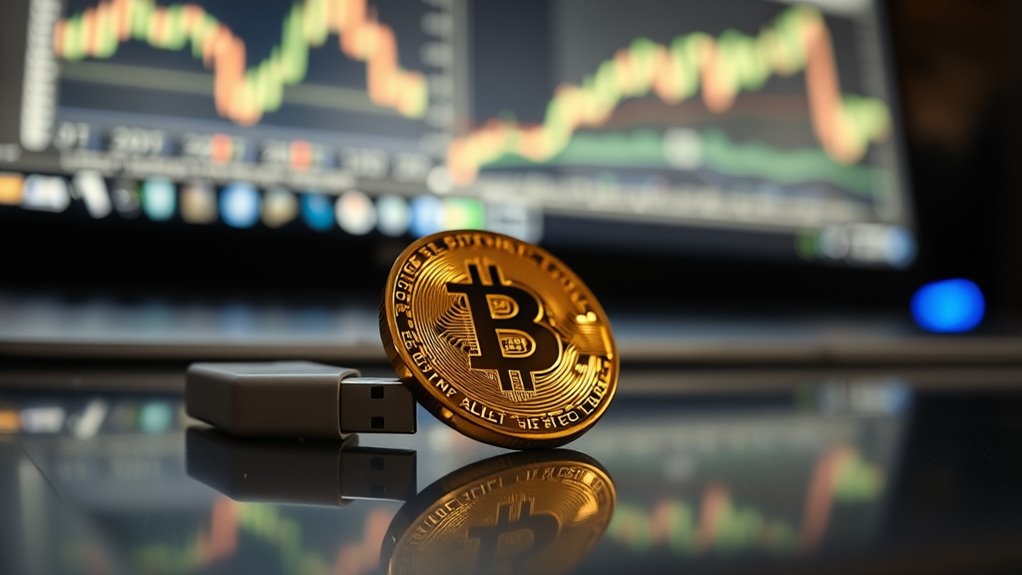
Buying Bitcoin might seem like an intimidating task, especially for those who are new to the cryptosphere. What are you really getting? Well, it's not a shiny coin you can hold. It's a decentralized digital currency, living in the vastness of the internet. No central authority controls it, which sounds cool until you realize you're responsible for managing its keys. That's right—private keys. Lose those, and your funds are gone, poof!
Buying Bitcoin is like owning invisible treasure—decentralized, but lose your keys, and it's gone forever!
So, how does one actually buy this elusive asset? There are a few ways. Centralized exchanges like Gemini and Kraken are popular, but they want your life story first. KYC, they call it—Know Your Customer. If you prefer a less invasive route, try peer-to-peer platforms. There, you can buy directly from sellers, like a yard sale but for crypto.
Payment methods? Oh, the choices! Bank transfers, credit cards, even apps like Apple Pay. Just remember, those fees can stack up. You could be paying 5-10% just to turn cash into BTC at Bitcoin ATMs. Ouch! Valid payment methods include options like debit cards and alternatives like Bitcoin ATMs.
Now, let's talk orders. You can buy at market price—quick and dirty—or set limit orders and wait. But who has the patience for that? Price can shift faster than you can say “volatile market.” Market orders allow you to buy Bitcoin at the current price but may incur price slippage.
And don't forget security. Hot wallets are convenient but risky. Cold wallets? They're the Fort Knox of crypto storage, but a bit less user-friendly. After purchasing, it's essential to consider transferring your cryptocurrency to a personal wallet for better security rather than leaving it on the exchange.
Lastly, the fun doesn't stop at buying. There's compliance. Taxes? Yes, they want a slice of your gains. And depending on where you live, you might face restrictions.
Frequently Asked Questions
Is Bitcoin a Physical Currency or Purely Digital?
Bitcoin is purely digital. No coins jingling in your pocket. It's all about ones and zeros on a blockchain.
Sure, there are those fancy physical tokens like Casascius coins, but they're just collectibles. Real Bitcoin? It exists in digital wallets, accessed through codes.
It's like magic internet money, constantly changing value based on market whims. So, if you're hoping for a fistful of cash, good luck with that!
How Is Bitcoin Stored Securely?
Storing Bitcoin securely? It's a jungle out there.
Hardware wallets are the gold standard, keeping those precious private keys offline—goodbye hackers!
Paper wallets? Risky business. One spill and it's game over.
And let's not forget about seed phrases. Misplace or mishandle them, and poof—your Bitcoin vanishes.
Keeping wallets and phrases separate is smart.
Sure, hot wallets are convenient, but they're like leaving your front door wide open.
Choose wisely!
Can I Buy Fractions of a Bitcoin?
Absolutely, one can buy fractions of Bitcoin. It's not just for the big spenders.
Thanks to its divisibility, Bitcoin can be chopped up into tiny pieces—think 0.00000001 BTC. This means anyone with a ten-dollar bill can join the party.
Exchanges, ATMs, and mobile apps make it easy. Just remember, volatility can hit hard. Prices swing wildly, so those tiny pieces can change value faster than a teenager's mood.
What Determines Bitcoin's Price Fluctuations?
Bitcoin's price swings? A wild ride!
Supply is fixed at 21 million coins, so scarcity kicks in. Toss in halving events, and new coins become harder to find.
Demand? It spikes during economic chaos, sending prices soaring.
Media? Oh, it wields power—good news lifts values, while bad news? Panic mode.
Regulatory changes? They can either bring stability or chaos.
Finally, investor behavior—big traders move markets, and retail traders often follow like sheep.
Welcome to crypto!
Are There Taxes on Bitcoin Transactions?
Taxes on Bitcoin transactions? Oh, you bet!
Selling? Capital gains tax.
Swapping it for other crypto? Yep, taxable too.
Using it to buy stuff? Surprise! You owe taxes on the profit.
Mining Bitcoin? That's regular income, my friend.
Just buying Bitcoin with cash? Lucky you—no tax there.
But don't forget to keep records. The IRS loves a good audit.
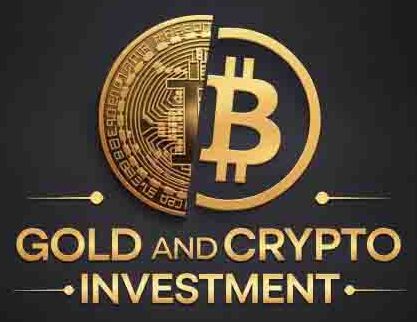
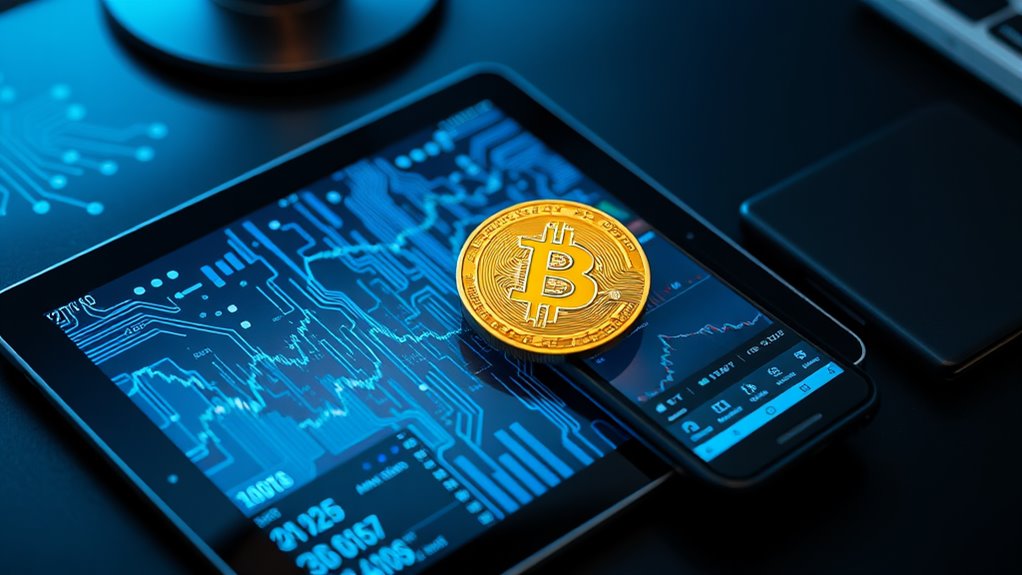

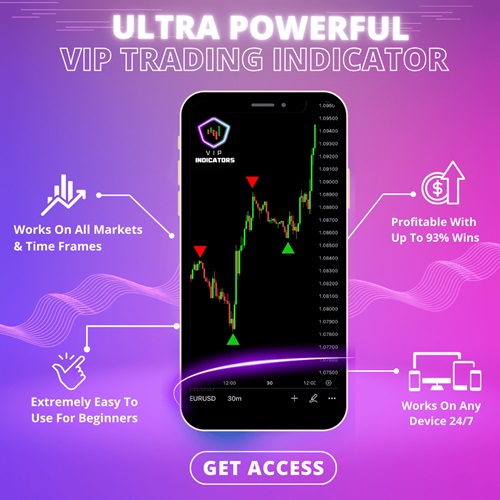


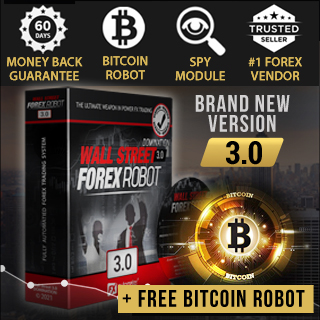
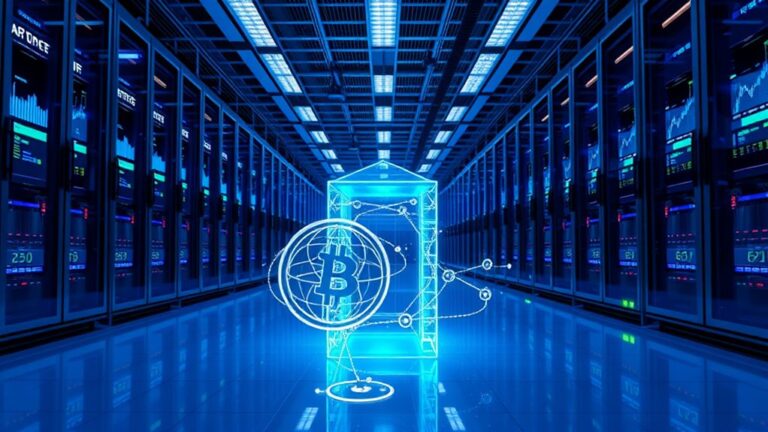
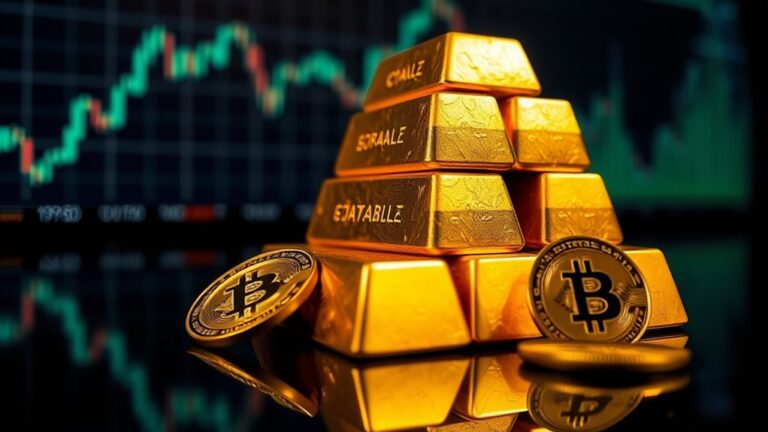
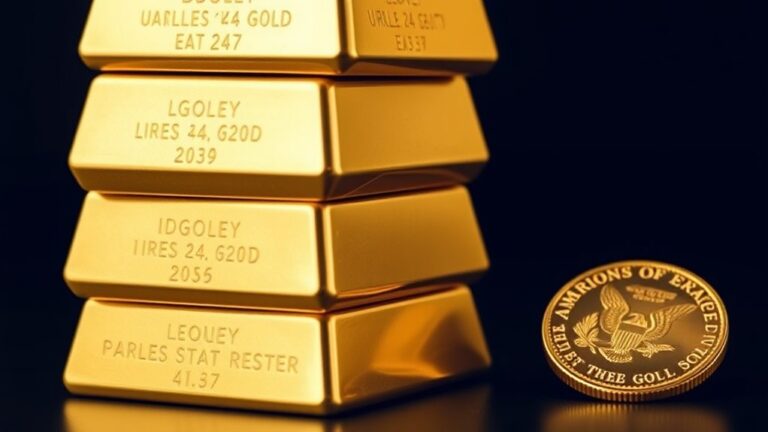

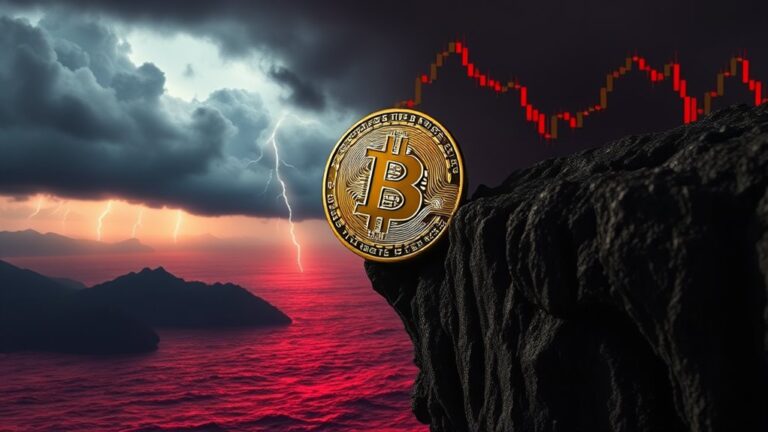
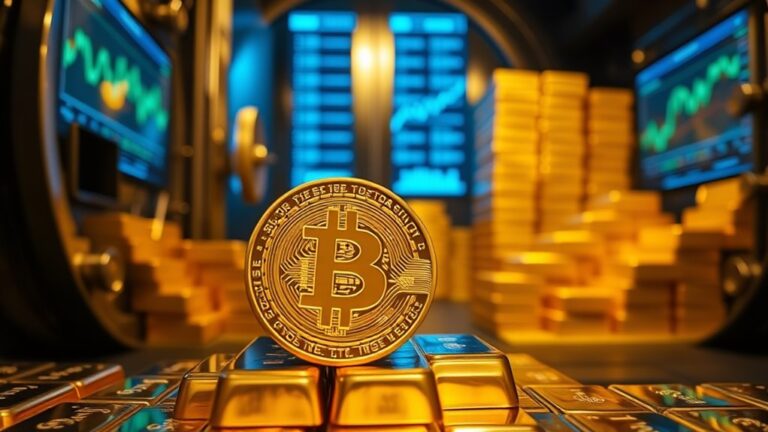
One Comment